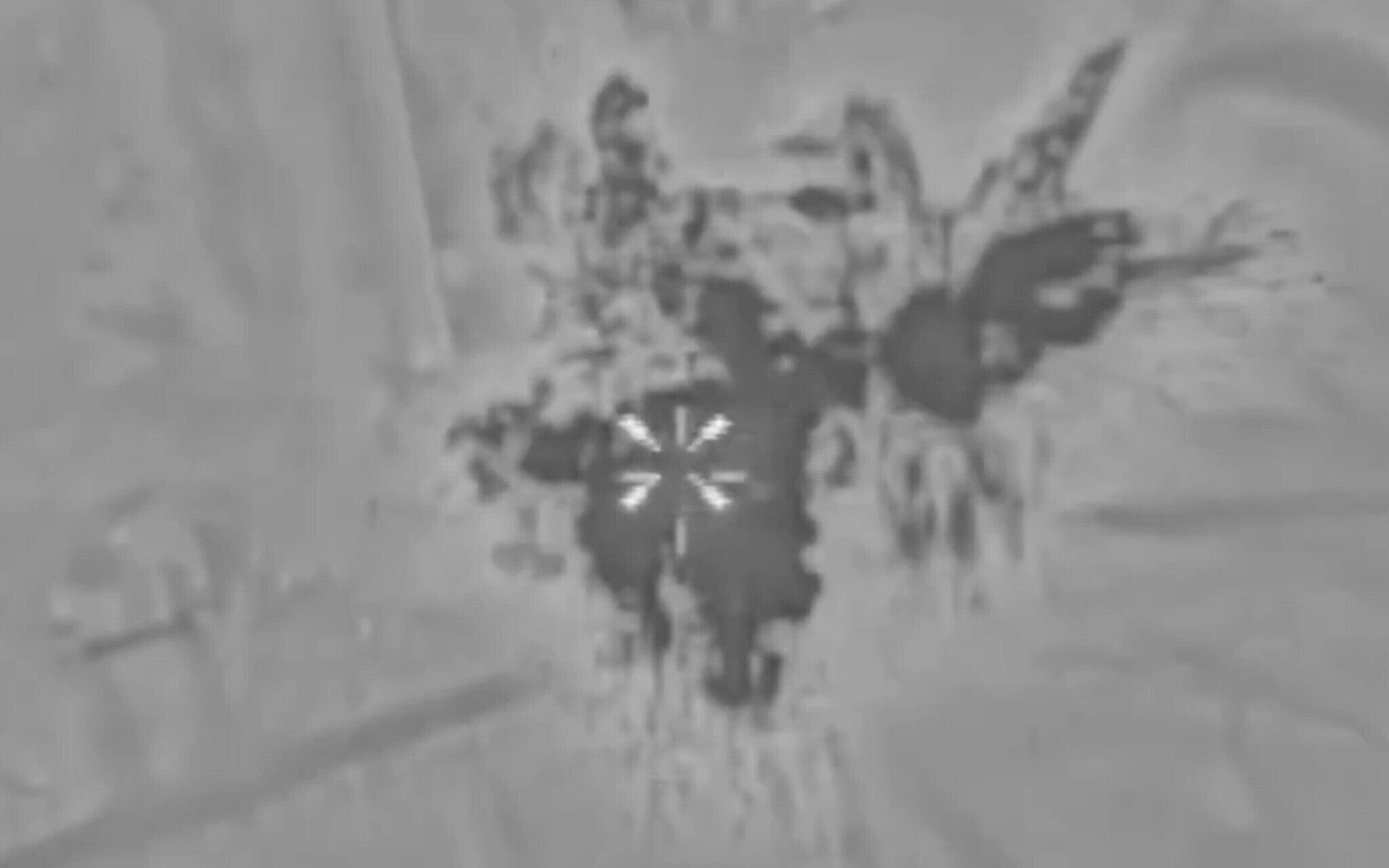



The Israel Defense Forces said it bombed a pair of airbases in central Syria on Friday night, the latest strikes targeting military sites linked to the former Assad regime since it was toppled by Islamist-led rebels.
According to the IDF, the airstrikes targeted “remaining strategic military capabilities” at the Palmyra military airport and the nearby T-4 airbase.
Two Syrian defense personnel were wounded in the strike at Palmyra, local media reported.
The airstrikes were launched after the Israeli Air Intelligence Group — the Israeli Air Force’s intel unit — had been monitoring weapons and other strategic capabilities at the two military sites in central Syria over the recent period.
The strikes carried out by IAF fighter jets at both Palmyra and T-4 were described by military sources as “extensive,” taking out capabilities that would ensure the preservation of Israel’s aerial superiority in the region.
Following the collapse of Bashar al-Assad’s regime in December, Israel has vowed to destroy weapons in Syria it fears could fall into the hands of “hostile forces” that may seek to attack Israel.
While Assad’s fall brought an end to the country’s more than decade-long civil war, a renewed wave of sectarian violence sparked fears that the new government would not be able to effectively keep the peace in Syria.
Israeli leaders have consistently stated that they do not trust the country’s interim leader, Ahmed al-Sharaa, whom Defense Minister Israel Katz has called an “extreme Islamic leader.” Sharaa, who previously used the nom de guerre Abu Mohammed al-Julani, headed the Hayat Tahrir al-Sham, which began as the Syrian branch of al-Qaeda though he has since sought to distance himself from the jihadist terror group.
Sharaa has dismissed Israel’s threats and Katz’s comments as “nonsense,” and his government has denounced Israel’s continued strikes in the country, as well as the IDF’s presence in a buffer zone in southern Syria.
The IDF describes its presence in the buffer zone, which was manned by UN peacekeepers until the Assad regime’s ouster in December, as a temporary and defensive measure, although Prime Minister Benjamin Netanyahu said last month that troops would remain there for “an unlimited period of time” to maintain Israel’s security.
Times of Israel staff contributed to this report.
